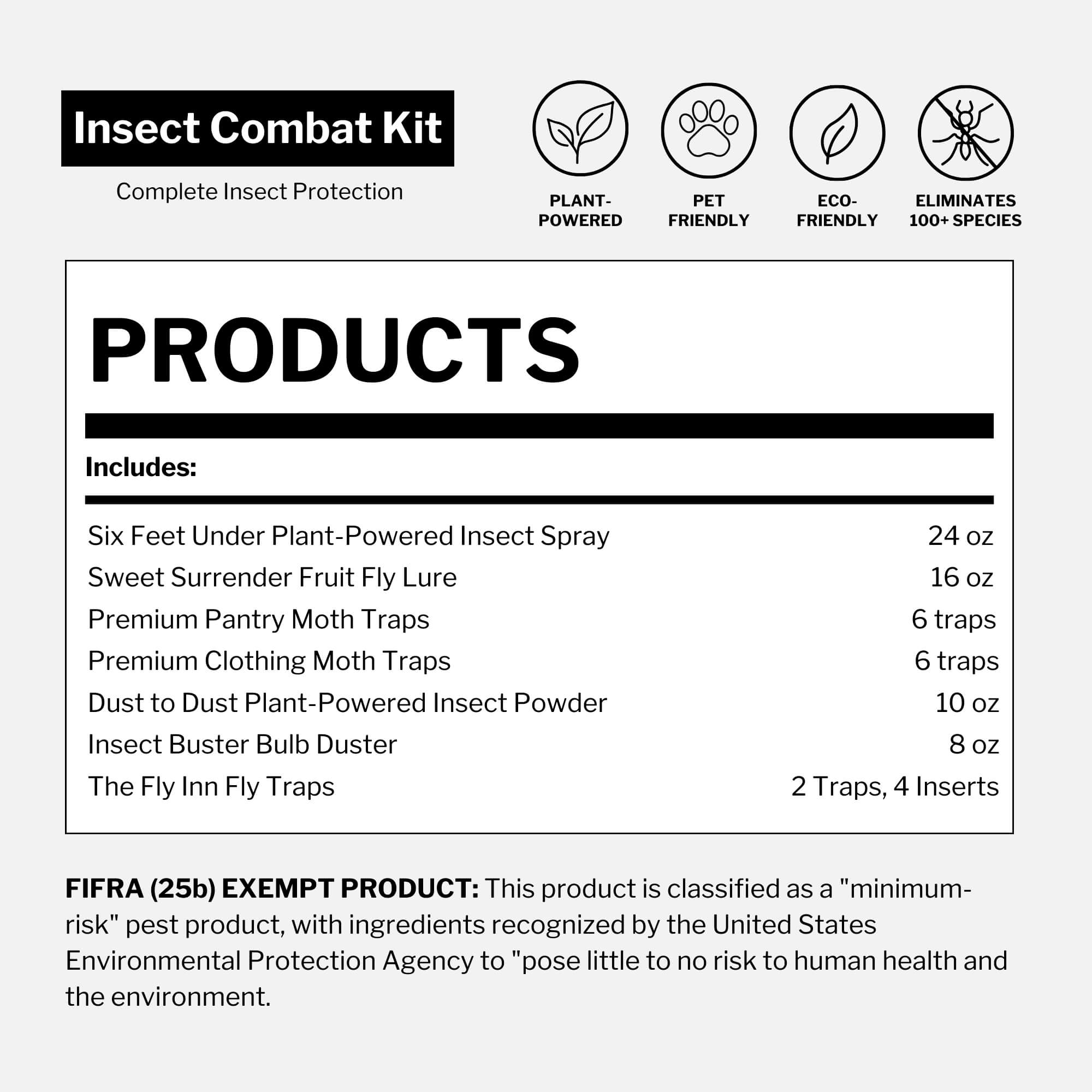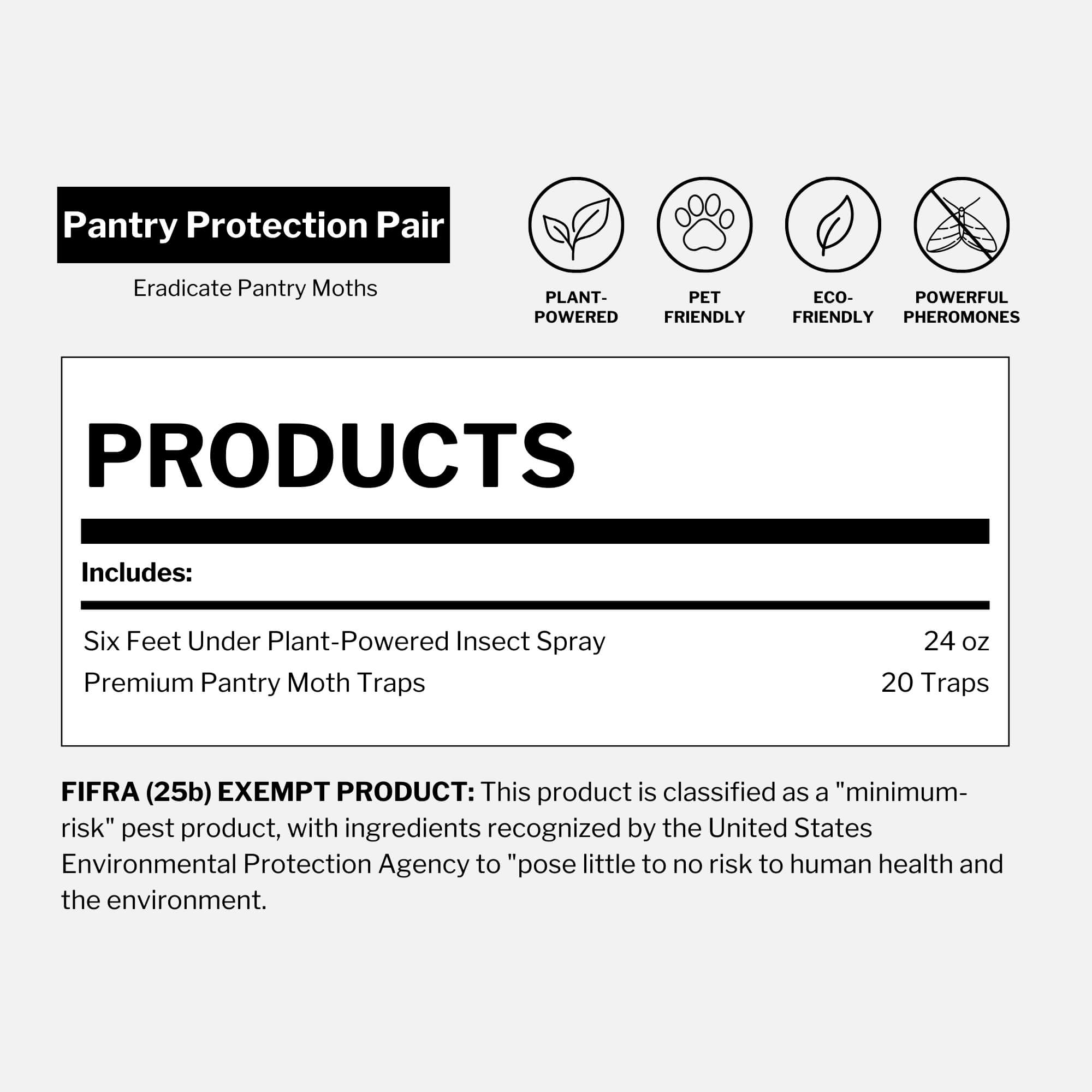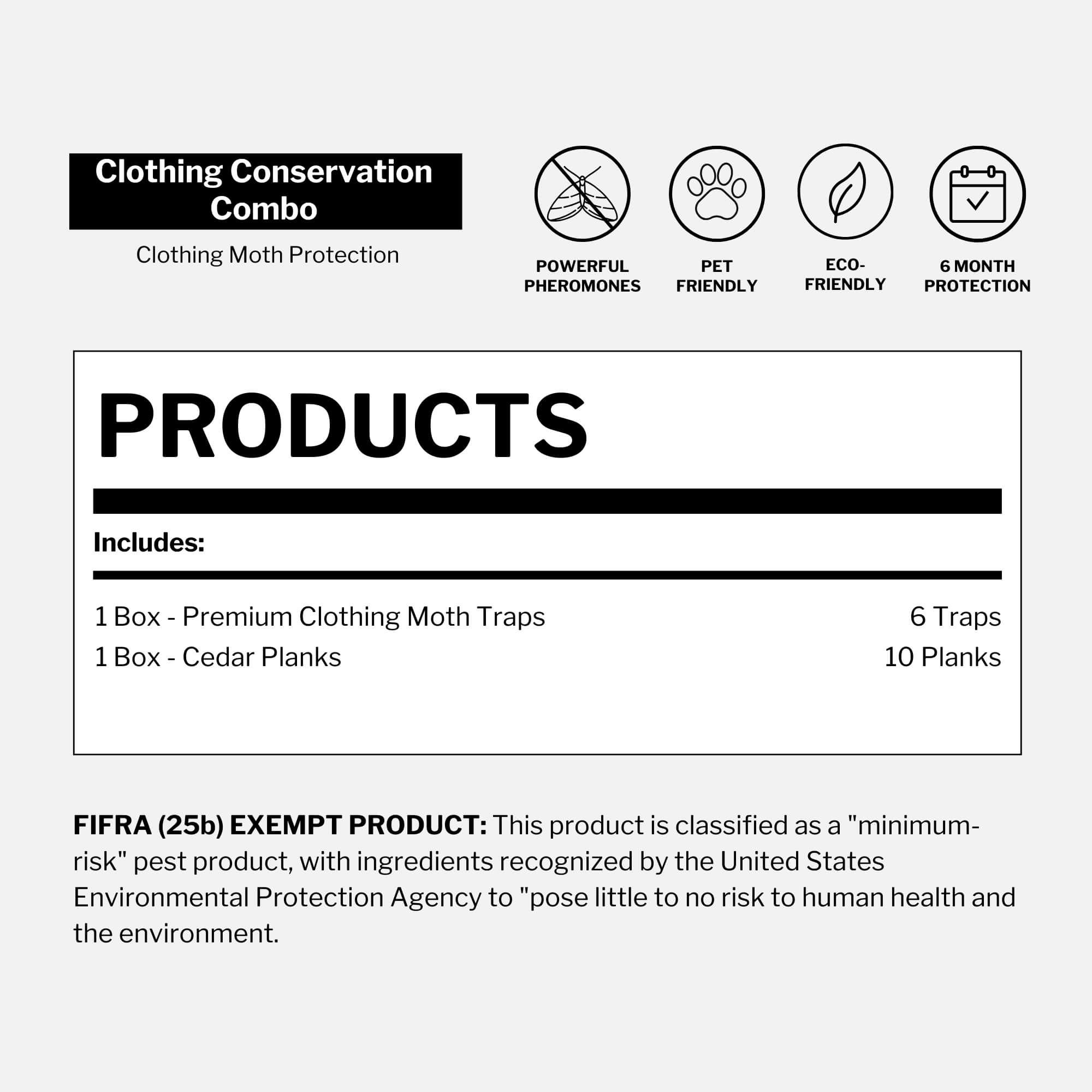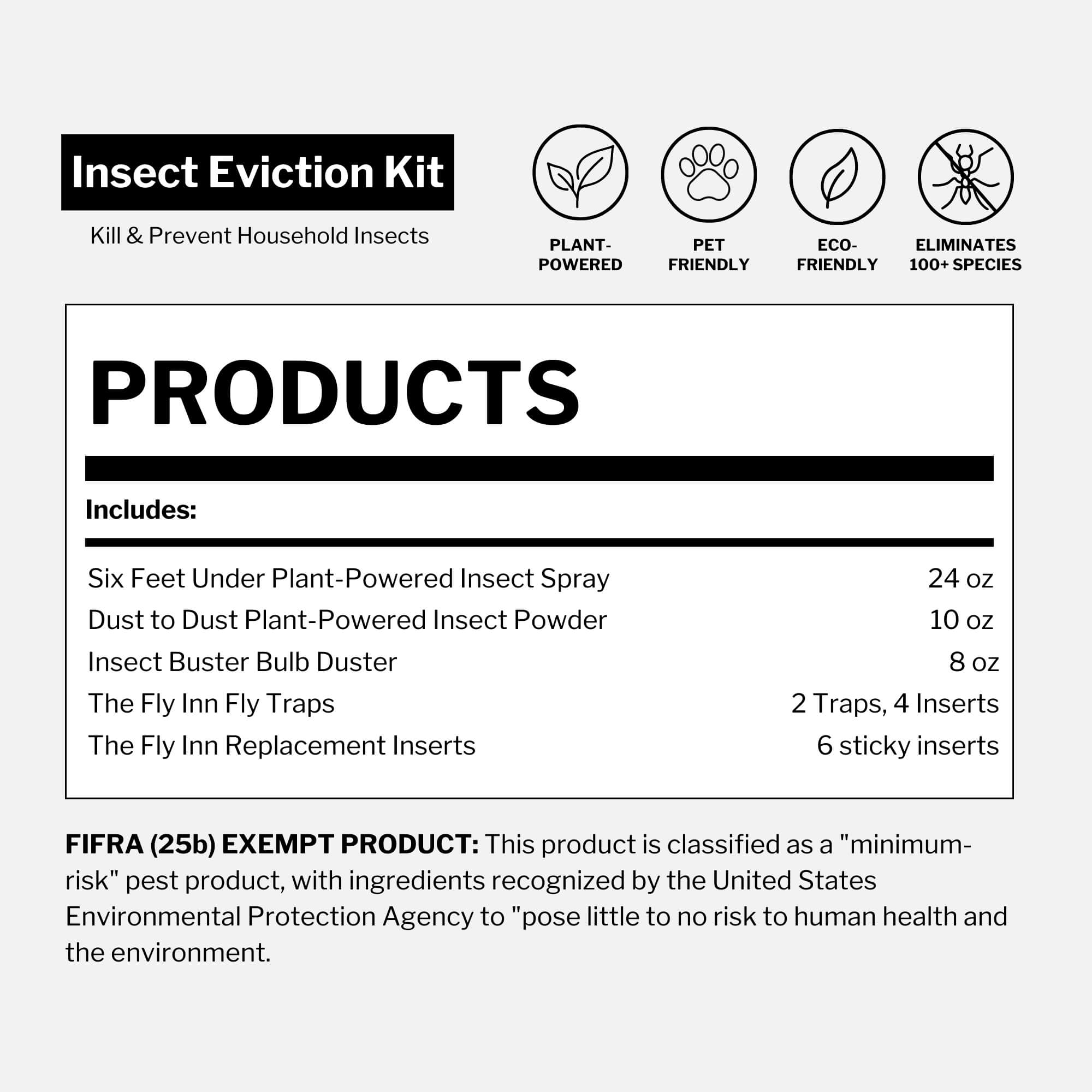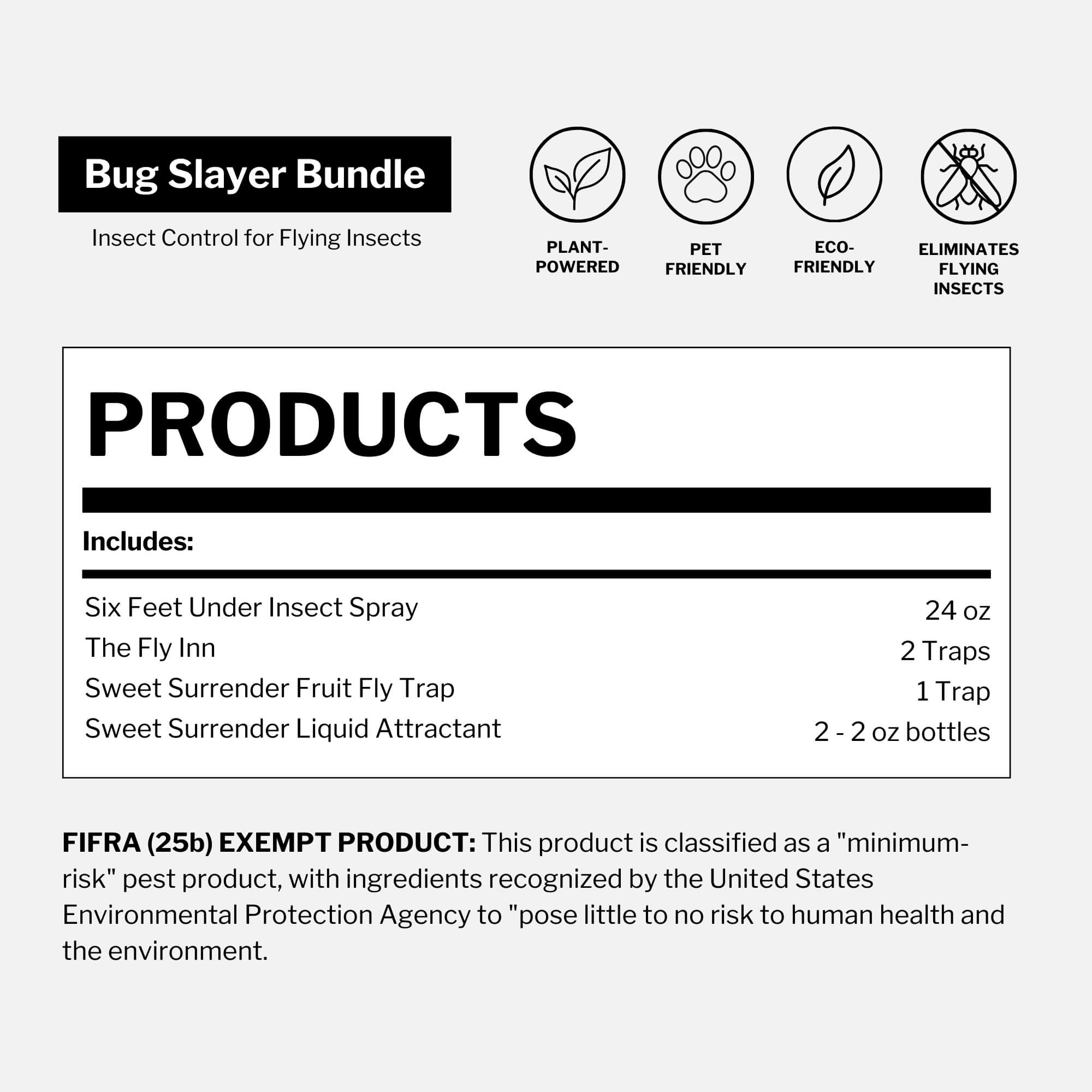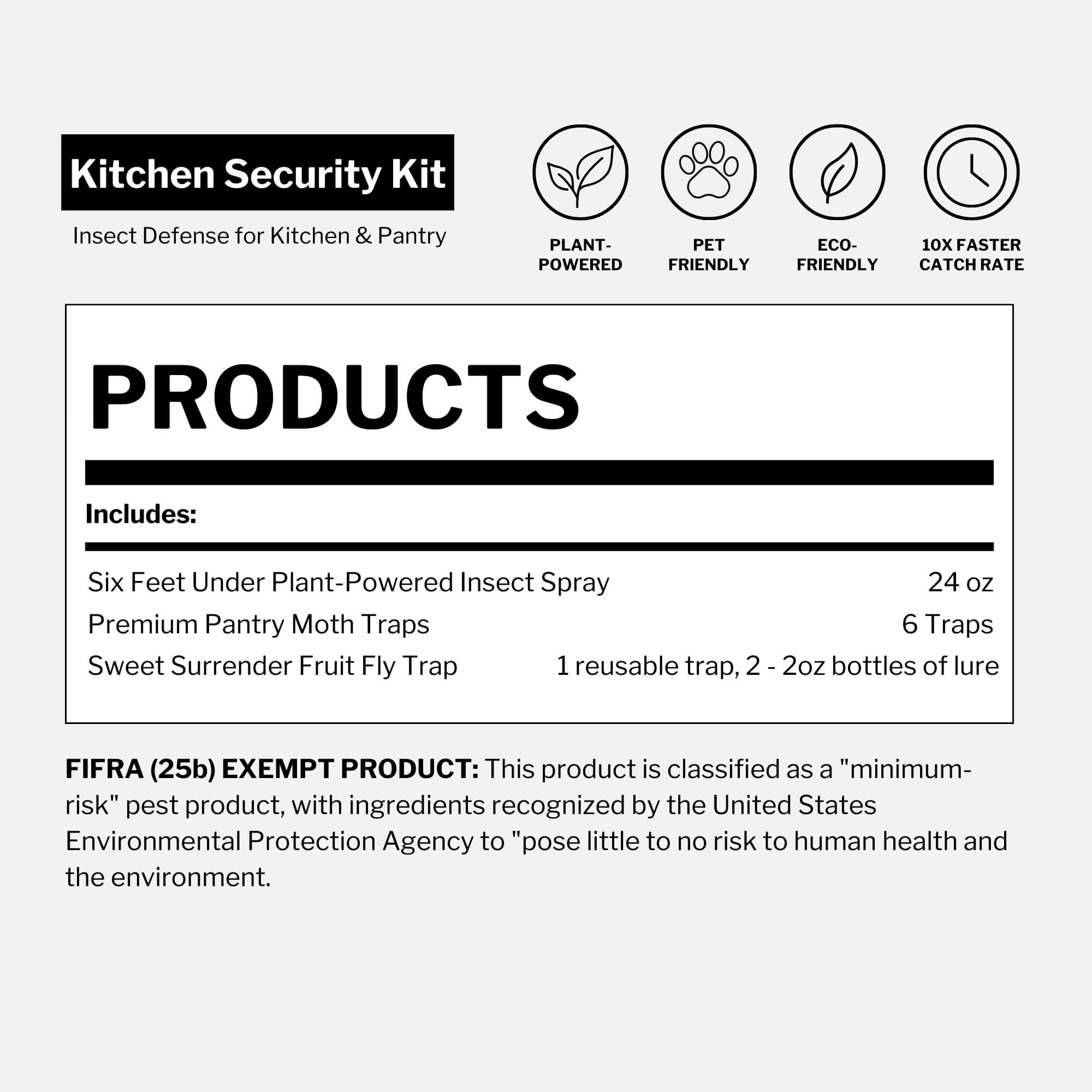Fruit flies are a tiny nuisance. They seem to appear out of thin air. Because of their quick breeding, development, and love of food, their infestation is fast. Now that these tiny insects are landing on your food, will they make you ill?
Before delving into the topic, though, it’s helpful to understand this red-eyed insect’s story—its life cycle.
>>> Get a FREE sample of our best-selling, non-toxic insect spray
A fruit fly’s life cycle
Egg
Females lay minuscule yellowish eggs, measuring only ½ mm in size, typically beneath the skins of maturing and ripening fruit. During its lifetime, a female fruit fly can lay up to 500 eggs.
It’s important to note, though, that that ripened banana on your countertop is not the only place that a female will lay her eggs. Egg laying also occurs on other moist, sweet, and decaying material, like “goopy sludge.” Think of that accumulation of debris and liquid that can occur at the bottom of your trash can or your recycle bin, inside your garbage disposal, or in the seams or undersides of your appliances. That’s the gross “goopy sludge” I’m talking about.
Larvae

These eggs hatch inside the fruit after 2-4 days. These hatched cream-colored larvae (maggots) slurp up the bacteria and yeast they need to grow big and strong, feeding on any decaying matter that surrounds them. After 4-5 days, the larvae look for a dry surface, near a food source, where they can pupate.
Pupae
This stage typically lasts 4-5 days. The larvae become inactive and undergo a dramatic change, growing six legs, a pair of wings, and characteristic bulging eyes.
Adult
The fruit fly emerges as an adult who is ready, after 2 days, to breed and lay eggs. Adult fruit flies live for approximately 10 days.
It’s easy to see how one could quickly have a fruit fly problem on their hands, as these little menaces can develop into mating and egg-laying adults within a matter of two weeks!
Now, let’s delve into the question you’re eager to learn about:
Can fruit flies make me ill?
Have you ever bitten into an unblemished, unwashed bright green apple or cut up a ripe, juicy (unwashed) tomato, adding its slices to the salad you’re about to take a bite of? If the risk of pesticides or dirt has never inspired you to scrub these foods clean, perhaps knowing that they could house fruit fly eggs will. Simply washing produce will rinse away these eggs before they hatch, as long as the fruit is ripe and fresh. It will also save you from an upset stomach.
If that doesn’t cause you to thoroughly wash your fruit or vegetables, think for a moment about a fruit fly walking around in the goop in the bottom of your trash can. Then think about that same fruit fly landing on a chunk of cantaloupe that you’re about to fork into your mouth. Fruit flies easily pick up and transfer filth and contaminants from the objects they walk on. The bacteria that they carry may include salmonella, E. coli, and listeria, each of which cause food poisoning.
Are fruit flies beneficial?
Yes, fruit flies are also helpful. They’re one of nature’s natural decomposers, helping to take care of rotting fruit and vegetables, especially bananas, melons, tomatoes, squash, and apples. Without them, we could very well be tripping over a mountain of banana peels and apple cores!

How do I get rid of fruit flies?
Look for breeding grounds. In addition to rotting fruit and vegetables, fruit flies will also lay their eggs on cleaning rags and mops, in the goopy sludge of garbage cans or recycle bins, and in drains or garbage disposals.
Clean your drain or garbage disposal by pouring boiling water into it.
Use Dr. Killigan’s Six Feet Under, a non-toxic pest control solution. This kill-on-contact spray will stop a fruit fly in flight. It can also be used to spray surfaces where eggs may have been laid, ensuring that any unseen eggs that were missed with be eliminated.
How do I prevent fruit flies?

- Buy produce only as you need it.
- Ban all but the freshest produce from your countertops.
- Keep ripe and overripe fruits and vegetables in your fridge.
- Ensure that no food scraps are left out on your countertops or floors.
- Take out your trash daily, making sure that no food scraps made their way into the space between the garbage can and its liner.
- Clean up any spills straight away.
- Rinse your recyclable products. Don’t place jars, bottles, or cans with food scraps on them in your recycling bin.
- Seal all containers. If a lid is not well sealed, fruit flies can squeeze under them and lay eggs.
The final word on fruit flies
Fruit flies are a common annoyance. When they find their way into your home, you have Dr. Killigan’s to help you dispose of this little pest issue. Use Six Feet Under with confidence. Our products never use harsh chemicals, adhering to our motto of Killing Them Softly®. We are driven to raise the bar in non-toxic pest disposal, complete with a tasteful design. If you are not fully satisfied, please contact us. We will not hesitate to make things right.





